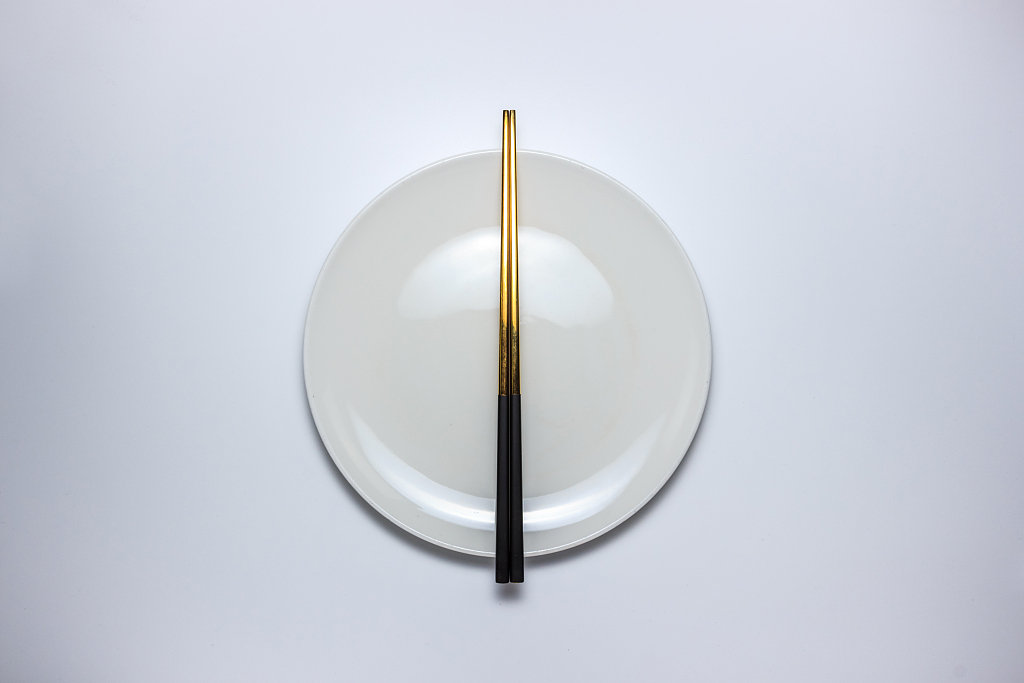China’s anti-food-waste campaign is off to an aggressively strong start
Earlier this week, Chinese President Xi Jinping announced a set of instructions for a nationwide campaign named “Operation Empty Plate” (光盘行动 guāng pán xíngdòng), which was aimed at curbing food waste and encouraging people to embrace a frugal lifestyle. Since then, local governments and business owners have rushed to appear obedient to Xi by issuing various new policies and rules.

Earlier this week, supreme leader Xi Jinping announced a set of instructions for a nationwide campaign named “Operation Empty Plate” (光盘行动 guāng pán xíngdòng), which was aimed at curbing food waste and encouraging people to embrace a frugal lifestyle.
Calling the amount of food wasted in China as “appalling and distressing,” Xi urged the country to be wary of potential food security problems, especially in a year when the COVID-19 pandemic and historic floods have wreaked havoc on China’s food supply and prices.
“Every single grain on a dining plate means hardship,” Xi said in a speech (in Chinese) published by Xinhua on August 11, citing an ancient Chinese poem about the arduous work of farming.
Although the directive was short on specifics, local governments and business owners wasted no time to appear obedient to Xi by issuing various new policies and rules. While most of the initiatives were rolled out without much opposition from the public, some of them have come under intense criticism for being too “controlling,” “intrusive,” and outright “ridiculous.”
- Following a letter sent by the Wuhan Catering Industry Association, which advised restaurants to adopt “the N-1 model” whereby groups must order one dish fewer than the number of diners, Liaoning Province decided (in Chinese) to take a step further by introducing a “N-2 system,” under which a group of 10 people can only order 8 dishes.
- In order to make “proper suggestions” about how much food a customer should order, a restaurant in Changsha, Hunan Province, placed (in Chinese) two scales at its front door and encouraged people to make their orders based on how much they weighed. The method has been criticized for disrespecting people’s privacy and borderline body-shaming.
- Yesterday, the China Hotel Association, an organization representing both hotels and restaurants, issued a proposal asking its members to be more mindful of the amount of food ordered by their customers. It also encouraged members to serve small portions of food and create more meal sets.
- Just a few days after a 10-minute segment slamming binge-eating livestreamers for “serious waste,” China Central Television (CCTV) doubled down on its criticism in another video (in Chinese) published today. “I understand the visual excitement of chibo (吃播 chībō) videos, but eating like that every day isn’t just bad for health. It also has a negative impact on viewers. Let’s remember that Yuán Lóngpíng 袁隆平 [China’s “father of hybrid rice”] made us stop starving, but he wouldn’t want to see us waste food,” the commentator featured in the video said.
There’s also been some pushback, at least against one organization’s anti-waste campaign: Today, the All-China Women’s Federation, the country’s preeminent organization ostensibly committed to achieving gender equality, called (in Chinese) for women to fulfill their responsibilities as “advocates for frugality” when running their households. “The important roles that women play in their households can’t be stressed enough. Stopping food waste should start from each family and children need to be educated at an early age,” the organization wrote.
The article was immediately criticized by people who accused the federation of unfairly targeting women in the campaign. They argued that the article had roots in a stereotyping assumption that women are supposed to do more household chores than men, such as cooking and raising kids. “So men are excused from making contributions? They should be the ones who need to be educated because we all know men love having feasts and drinks with their bros. After all, how much food waste could someone possibly produce at home?” a Weibo user wrote (in Chinese).






